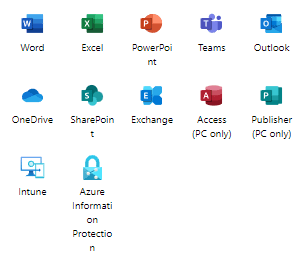Software Feature
Customizable

Customizable Software: Tailoring Solutions to Unique Needs
Customizable software refers to the ability of software applications to be modified, adjusted, or configured according to specific requirements and preferences. Users or administrators can tailor the software to their unique needs, workflows, and business processes.
Tailoring to Specific Requirements
Customizable software offers flexibility to adapt to different business needs. Users can modify settings, features, or functionalities to align with their requirements. This allows organizations to address specific challenges, accommodate industry regulations, or incorporate particular workflows into the software.
Adjusting User Interface and Experience
Customizable software often provides options for changing user interface (UI) and user experience (UX) elements. Users can personalize the layout, color schemes, menu structures, or widgets to suit their preferences and optimize their productivity. This customization enhances user satisfaction and ensures more intuitive and efficient software usage.
Extending Functionality
Customizable software may allow users to extend its functionality by integrating additional modules, plugins, or extensions. These extensions can enhance the software’s capabilities and combine them with other systems or tools, enabling users to create a tailored ecosystem that meets their needs.
Configuration and Workflows
Customizable software often includes configuration options to define workflows, rules, or automation processes. Users can set up custom workflows, define approval processes, or automate repetitive tasks, aligning the software with their unique business requirements and streamlining operations.










